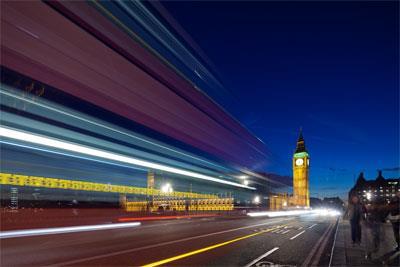
The never-ending media storm around the issue of cycle safety in London continues apace today with preeminent British cyclist Chris Boardman calling, by way of an open letter, for a city-wide ban of HGVs during ‘rush hour’.

Chris Boardman’s letter to the Mayor says: “When I rode alongside you to help you launch your vision for cycling in March this year, you made a verbal promise to look at the successful experiences of Paris and many other cities in restricting the movements of heavy vehicles during peak hours.
“London has an opportunity to emulate and surpass Paris and to lead the way for the other ambitious cycling cities across Britain. Let’s not waste this opportunity to do something now. The longer we delay, the more lives will be lost.”
The PR tactic of an open letter is a perfect illustration of how lobbying works in politics. The ‘letter’ will be picked up by the mainstream media because of its association with a minor sporting celebrity, and due to the mass coverage of the number of deaths involving cyclists on the roads of London in recent weeks it makes it an easy story.
It has already, with Googlenews indexing 159 different news stories all repeating Boardman’s call for the restriction of HGV movements during the London morning and evening rush-hours.
The Evening Standard, Metro and The Guardian have all published Boardman’s comments without any response from an operator of HGVs in London, or from our trade bodies, about the potential impact of such a ban.
Boardman’s letter was issued via the British Cycling Federation, where Boardman is a policy advisor. The British Cycling Federation is a private company limited by guarantee i.e. a legal entity for a non-profit organisation. In fact, it has posted a deficit for the past two years. Its main reason for existence is to manage the funds provided to it by Sport UK, which determines how public funds raised via the National Lottery and taxation are allocated to elite-level sport. Post-Olympics its funding was increased from £26m to £30.6m.
However the British Cycling Federation wants to reduce its reliance on government (i.e. taxpayer) funding – which is what all the talk of ‘legacy’ was during the Olympics. That means encouraging cycling as “a sport, recreation and sustainable form of transport” according to its latest set of results filed at Companies House. It does this with a membership of almost 70,000.
Making cycling a safer, more attractive proposition in the capital –where the highest concentration of the population of the UK is would, you could argue, go some way to increasing the take up of cycling among the general public – and if they are inclined to become active participants in the activities of the British Cycling Federation it makes it less dependent on the public purse.
There is a reasoned debate to be had regarding the operation of HGVs in the capital, that could work in tandem with increasing the level of over night and out-of-hours deliveries. But when the government itself is partly, if indirectly, funding the very body calling for changes to the law it would make that debate very difficult.











